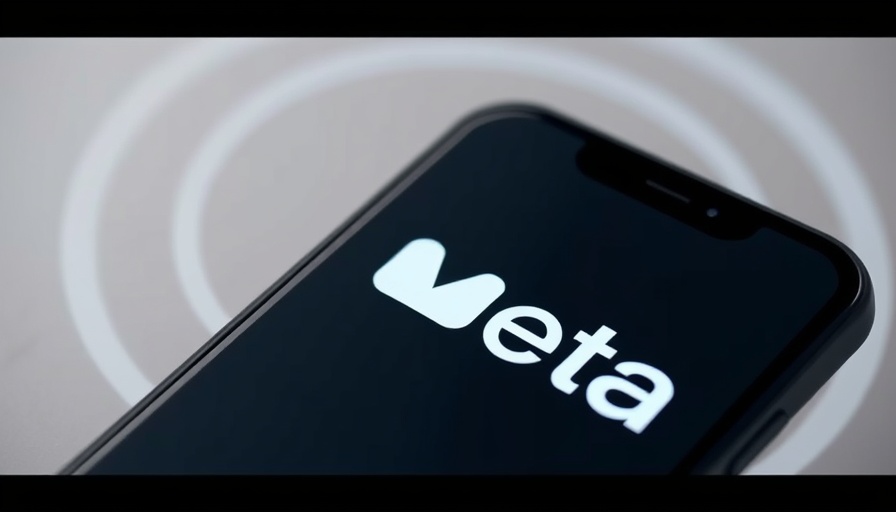
Why Fear-Based Leadership Fails with Gen Z
The workforce landscape is evolving rapidly, and fear-based leadership, once a norm, is being challenged by the values of a new generation: Gen Z. This cohort, born between 1997 and 2012, makes up nearly a quarter of the global workforce and is unwilling to tolerate the outdated practices of intimidation that once dominated corporate environments.
The Shift in Leadership Paradigms
Adam Grant, organizational psychologist and author, emphasizes that “leadership by intimidation is a bad strategy.” He points out that belittling or using fear as a motivator does not increase productivity; instead, it diminishes morale and fosters a toxic workplace environment. This sentiment is echoed in a recent McKinsey & Company report, revealing that 56% of American workers perceive their bosses as toxic, with 75% stating that managing relationships with their leaders significantly adds to their workplace stress versus actual job responsibilities.
Understanding Fear-Based Leadership Characteristics
Liz Ryan, the founder of Human Workplace, identifies several traits that characterize fear-based leaders: resistance to new ideas, control over communication, micromanagement, avoidance of feedback, and a culture of blame. Importantly, many leaders don’t recognize these traits in themselves, suggesting an organizational culture that reinforces these behaviors as part of a broader systemic issue.
The Empathy Gap: A Generational Divide
What sets Gen Z apart from previous generations is their distinct expectation of empathy in the workplace. A 2023 Deloitte survey highlighted a stark contrast between what Gen Z wants in their leaders and what they actually experience. While empathy ranks second among leadership qualities valued by Gen Z, it falls to fifth place among the leaders themselves. Only 35% of Gen Z feels their bosses exhibit empathy, showcasing a disconnect that could be detrimental to employee satisfaction and retention in the long run.
The Importance of Autonomy and Agency
Another significant finding from the Deloitte Digital Survey reveals that 60% of Gen Z employees prioritize autonomy, yet only 10% of their bosses recognize the importance of giving them agency. This desire for independence in the workplace reflects a broader cultural movement favoring flexibility and self-direction, diverging significantly from the authoritative structure favored by older generations.
Why the Criticism of Gen Z is Misplaced
The narrative surrounding Gen Z often paints them as lazy or lacking a strong work ethic. However, as Tamara Alesi, CEO of Mediaplus North America, argues, this perspective may overlook the real issues at hand: “What if the problem isn’t them?” Instead of focusing blame on the new generation, it might be time for established leaders to examine the impacts of their leadership methods and adapt accordingly.
Strategies for Adapting Leadership to Meet Gen Z Needs
Organizations looking to maintain a motivated workforce should consider implementing the following strategies:
- Promote Open Communication: Encourage feedback mechanisms that allow employees to express concerns without fear of retribution.
- Implement Flexible Working Arrangements: Allowing autonomy in both work hours and locations can boost morale significantly.
- Foster Inclusivity and Empathy: Tailor leadership development programs that emphasize emotional intelligence and understanding to improve relationships within teams.
Conclusion: Rethinking Leadership Dynamics
As we move further into the 21st century, it becomes clear that the leadership dynamics need to pivot from intimidation to empowerment. Recognizing Gen Z's traits and expectations is essential for cultivating a thriving workplace. As fear-based leadership loses its grip, the future lies in empathy, respect, and adaptability. Organizations that acknowledge these shifts will not only attract top talent but will also create a more engaged and productive workforce.
 Add Row
Add Row 
 Add
Add 


 Add Row
Add Row 
 Add
Add
Write A Comment